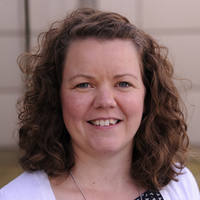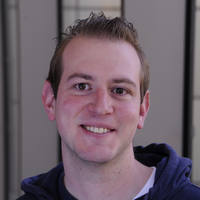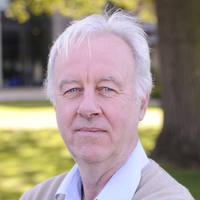Dougan Group
Microbial Pathogenesis
Archive Page
This page is maintained as a historical record and is no longer being updated.
Professor Gordon Dougan left the Sanger Institute in 2018 and is now based at the University of Cambridge, and can be contacted at: gd312@medschl.cam.ac.uk. This page is being maintained as historical record of the research group’s work at the Sanger Institute and is no longer being updated.
Background
Infectious diseases still pose a threat at a global and local level, particularly as disease agents can evolve so quickly. For example, bacteria such as Salmonella and Shigella cause intestinal infections that can have devastating consequences particularly in developing countries, but bacterial strains such as these can be resistant to almost all antibiotics.
New approaches are needed to treat bacterial infections, one of which is focusing on understanding the methods by which the body's natural systems fight off the tens of thousands of potentially pathogenic bacteria to which it is exposed in ordinary everyday life.
A complementary challenge is investigating how disease agents change to prevent human intervention. Understanding the molecular basis of infection could assist in attempts to develop vaccines and other therapies to protect against infections.
This information will be exploited towards developing methods of controlling infection, including vaccines and antibiotics, in the continuing fight against disease that is crucial for populations worldwide.
The team also investigated the relationships between different members of the family of bacteria that cause typhoid, Salmonella Typhi, in order to explain their evolution, antibiotic resistance and transmission within the human population.
Finally the team was involved in a number of major high profile collaborations worldwide investigating methods for developing vaccines against typhoid, dysentery, malaria, and tuberculosis, all critically important diseases particularly in developing countries.
Research aims
The Microbial Pathogenesis team was dedicated to understanding the fundamental interactions that occur between the host i.e. the infected human or mouse – and the pathogen; and also to understanding the evolution of members of the families of the pathogen that causes typhoid and how this affects transmission of the disease in human populations. We used genetics as a core tool, studying both the host and the pathogen.
Our approach
We ran an integrated research programme that used a variety of genetic approaches to study host-pathogen interactions. We also undertook a detailed molecular analysis of microbial populations through a faculty research programme, as well as providing significant support to Pathogen Genomics (formerly the PSU) and Mouse Genetics research groups.
Previous core team members

Louise Ellison
Advanced Research Assistant

Sally Forrest
Advanced Research Assistant

Bas Oude Munnink
Postdoctoral Fellow
